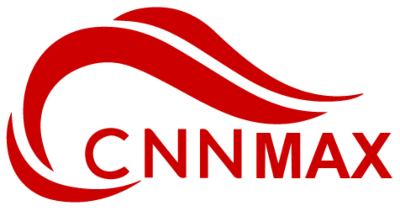When it comes to programming, speed is often the most important thing. Developers are always looking for the fastest programming language and tools to run their apps, make them more efficient, and make the user experience better. But what does it mean for a computer language to be fast? Is there a right way to tell which one is the fastest? Let’s learn more about this subject by digging deeper.
Defining “Fast” in Programming Languages
There are two main things we usually mean when we talk about speed in computer languages:
- Execution Speed: This has to do with how fast a program written in a certain language can do things like calculations and jobs. Applications usually respond faster when they are run at a faster processing speed.
- Development Speed: Development speed is how fast programmers can write, test, and fix bugs in a language. It is not directly related to actual performance. Languages with simple grammar and strong tools often speed development up.
The Need for Speed: Real-World Applications
Different programming languages excel in different domains and contexts, impacting their perceived speed:
- Web Development: Web developers like to use languages like JavaScript (Node.js), Python (Django), and Ruby (Rails) because they are easy to use and have strong tools.
- System Programming: System development is where C and C++ really shine because they offer low-level control and fast speed, which is very important for operating systems and embedded systems.
- Data-Intensive Applications: Languages like Python (with libraries like NumPy and pandas) and R are best for data science and analytics because they are easy to use and have a lot of tools.
Benchmarking and Performance
Coders often use benchmarks and speed tests to find the fastest computer language. These tests act out real-life situations and check things like
- CPU Usage: How efficiently a language utilizes processor resources.
- Memory Usage: The amount of RAM required to run programs.
- I/O Operations: Speed when reading from or writing to disk or network.
Top Contenders
While no single language is universally the fastest across all metrics, some languages frequently cited for their performance include:
- C and C++: Known for their low-level control, these languages often top benchmarks due to their minimal runtime overhead.
- Rust: Prized for its memory safety without sacrificing performance, making it suitable for system-level programming.
- Go: Designed by Google for efficiency and concurrency, Go excels in building scalable systems.
Conclusion: The Need for Balance
Last but not least, the computer language you choose should fit the needs of your project. Even though speed is very important, other things like community support, environment growth, and coder familiarity also play big parts in deciding which language is best.
The search for the “fastest” computer language is complicated and depends on the situation. To get the best results, developers should make it a priority to understand what their project needs and find a balance between speed and other important factors. When picking the right language, you need to think about the pros and cons and use the strengths of each language to make software solutions that are strong and work well.







